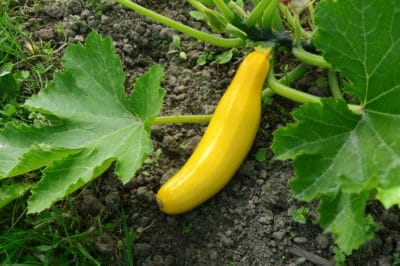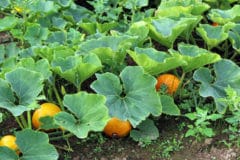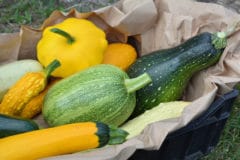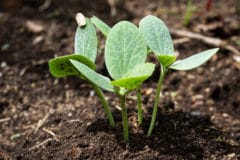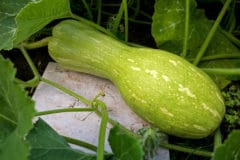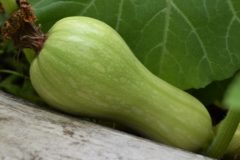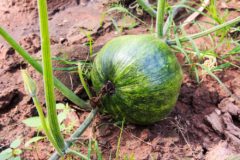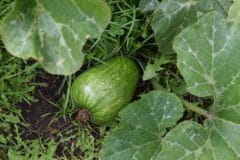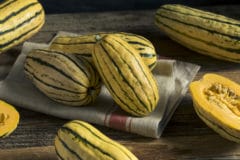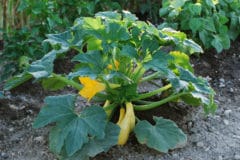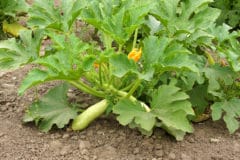Light Requirement
Squash plants thrive in warm, sunny areas. Choose a planting location that gets at least six hours of direct sunlight per day. Growing squash in a container may be advantageous: they can be moved as the available direct light changes through the growing season.
Temperature Requirement
Squash plants grow best in temperatures ranging from 65°F to 85°F (18°C to 29°C). Sowing seeds or planting seedlings should occur after the soil two inches below the surface is at least 60°F (16°C)
Soil Requirement
The proper soil is another vital ingredient to thriving squash plants. Squash plants are large, heavy feeders that require a composted, nutrient-rich soil. Sandy, well-draining soils are the best location to plant squash plants. The pH level of the soil should be between 6.0 and 6.5.
Amendments to the Soil
If your soil is less than optimum, you can amend it with organic matter found in nature or garden centers. A good start to amending the soil is adding a few inches of organic matter like manure, compost, leaves, or rotted hay. Mix or till 12 inches deep one or more of these into your selected location.
Before planting seeds or seedlings, add a natural fertilizer like fish fertilizer or worm castings. An application of fertilizer is needed again when the blossoms appear on the squash plants. Follow the directions on the label of the fertilizer. Even natural fertilizer in excess can harm the plants.
Proper Watering
Wilting of squash plants is usually the first sign of insufficient water. Because of their large size, squash plants require plenty of water. Plenty of water produces plenty of delicious squashes. These are some watering guidelines to follow:
- Water weekly.
- Water at the base of plants, not overhead.
- Water deeply, four to six inches deep.
- Container plants may require watering more often.
- Water early in the day.
- Water more often in extremely hot or dry weather.
Control Insects
Productive plants can quickly die with an infestation of insects. Squash vine borers, squash bugs, aphids, and more can invade healthy squash plants. Win the war by learning how to prevent the laying of larvae eggs or killing the insects. There are many strategies that can be applied.
Control Disease
Squash plants are not immune to the ravages of fungal, viral, and bacterial diseases. The majority of the time these diseases can be controlled by natural means if early intervention occurs.
